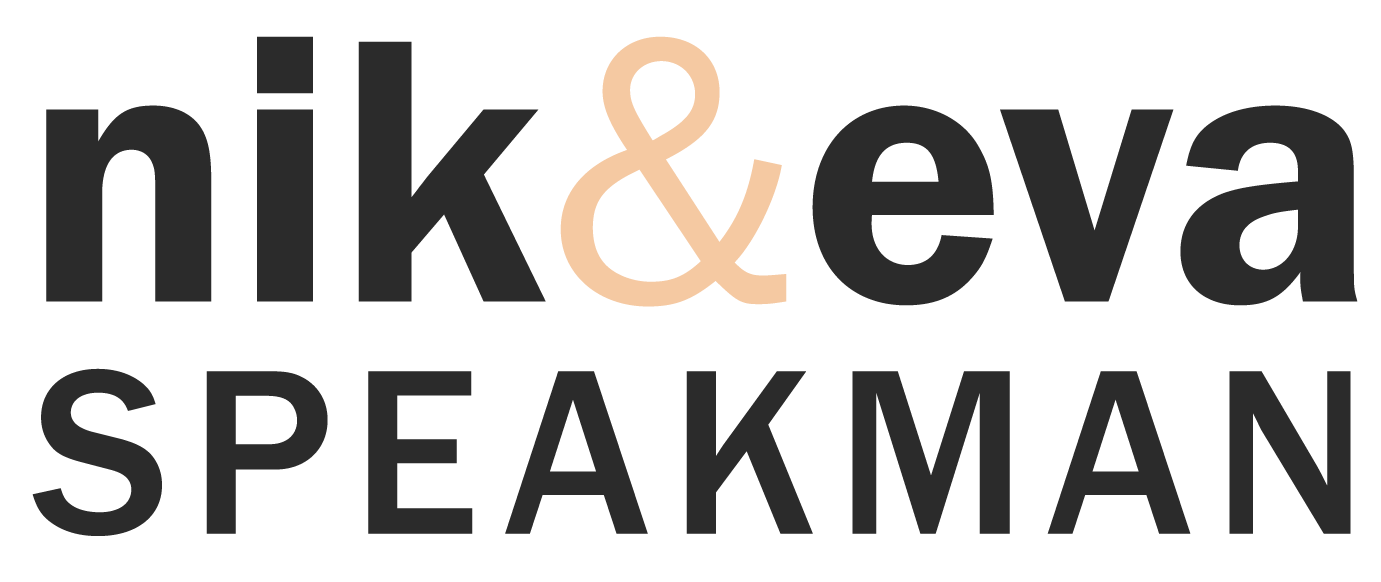What is CBT? Could it help you?
What is CBT?
CBT is known as ‘cognitive behavioural therapy’. It is a talking therapy, which combines cognitive therapy (examining the way you think) and behavioural therapy (examining the things you do).
Is it effective?
Most often, CBT is used to treat anxiety and depression, but it’s very effective in additionally treating symptoms of panic, phobias, stress, eating disorders, OCD, PTSD, bipolar disorder, anger issues and psychosis.
Could it help me?
CBT is based on the idea that your thoughts, feelings and actions are all interconnected (negative thoughts = negative feelings) a notion that we really agree with. CBT breaks overwhelming problems down into smaller parts, such as thoughts, emotions, feelings, actions – all of which are linked.
It changes the negative patterns of thinking we have, which therefore in turn improves your feelings (as they are all linked). Thoughts affect feelings, which then affect our actions. We usually end up behaving in a way that makes us feel worse (e.g., ruminating). It’s a vicious circle that can make you feel worse, and CBT helps you to break the vicious circle by changing each broken down part of it. The therapy helps you deal with your current problems – it doesn’t focus on issues from the past, but how to improve your state of mind right now.
What can you expect from CBT treatment?
If CBT is recommended, you usually have a session with a therapist once a week, or fortnightly
The treatment course usually lasts between 5 to 20 sessions, with each session being 30 to 60 minutes
Therapy can be done individually, a group of people, or even with a self-help book, or on a computer programme e.g., Beating The Blues (which is NHS approved, for mild to moderate depression)
Therapy sessions are spent breaking down problems into separate parts – thoughts, feelings and actions. These components are then evaluated to see if they are unrealistic or unhelpful, to determine the detrimental effect they have on each other and you. Moreover, the therapist then works out how to change these negative thoughts and behaviours
You will then be asked to practise these changes in your daily life, and discuss your progress in the next session
Eventually aim is to teach you to apply skills you learnt in therapy in your daily life which should enable you to better manage your problems yourself (without any more help) and stop them having negative impact on your life going forward
CBT evaluated
Advantages
It can be completed in a relatively short period of time compared with other talking therapies
It can be provided in different formats including groups/self-help books etc.
It teaches you useful and practical strategies you can use in everyday life even when treatment is over
One of the most effective treatments for conditions where anxiety or depression is the main problem
Disadvantages
You must want the help – the therapist can advise you, but they need your cooperation)
Attending regular sessions and carrying out work between sessions can take up a lot of time. It’s not a quick fix and you have to work on it as therapist cannot do it all for you.
It may not be suitable for learning difficulties or complex mental health needs
It involves confronting your emotions, so there may be periods of anxiety
You can access CBT and refer yourself on the NHS website, or your GP can refer you. You can also try ‘self-help’ using a book, or computerised CBT, if you don’t want to see a therapist.
For more information, watch our YouTube video, which breaks down CBT treatment even further!

